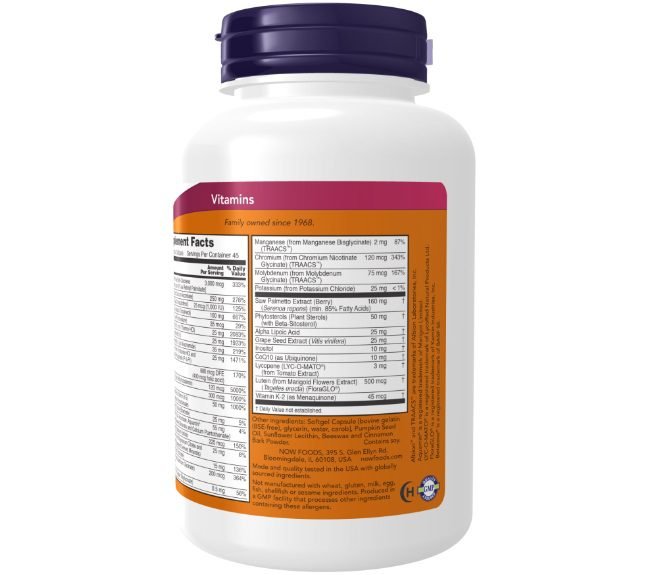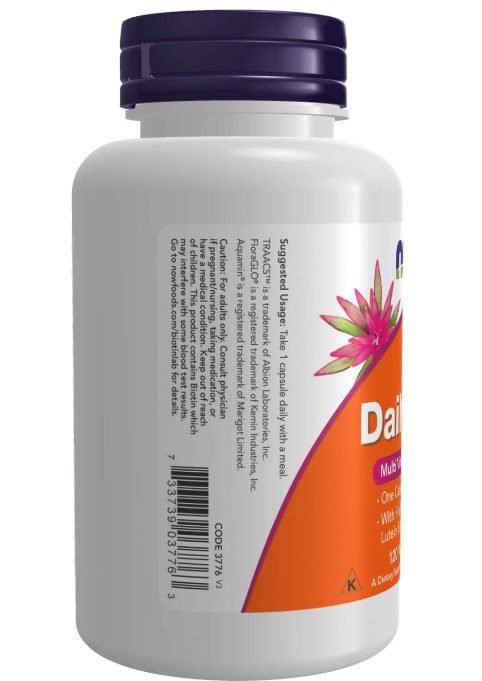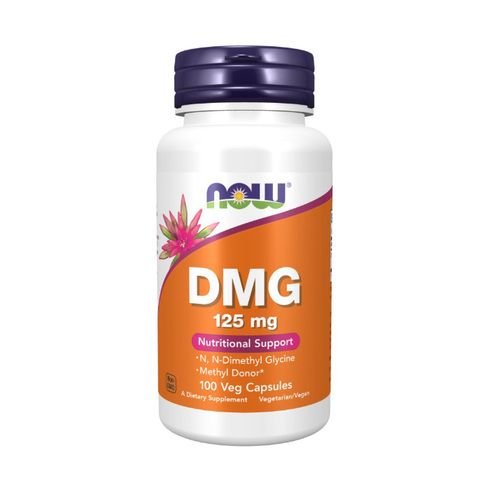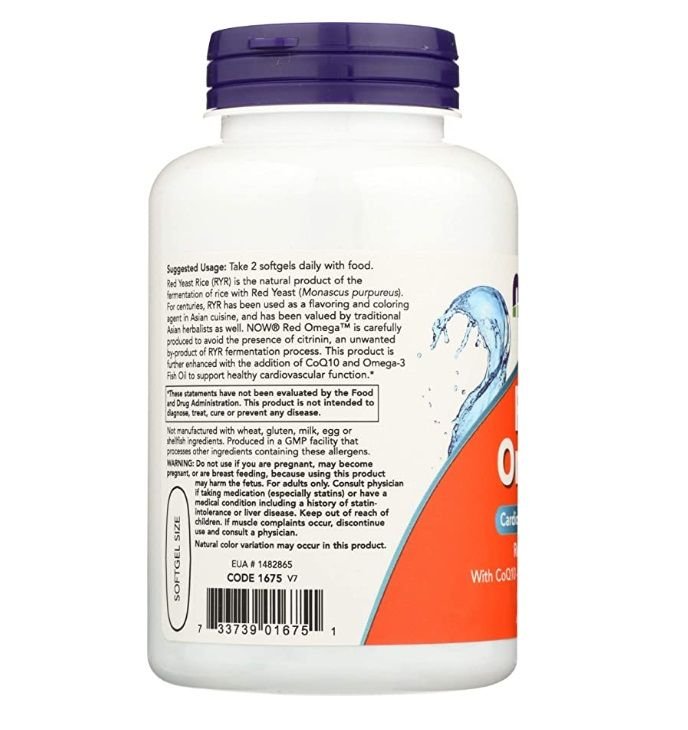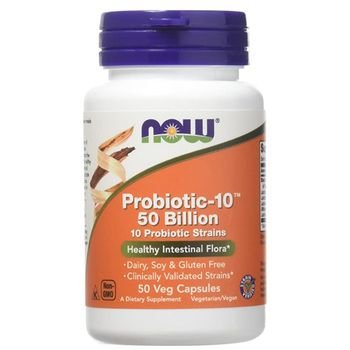
The Benefit and Side Effects of Green Tea and Catechin
Green tea is the most consumed type of tea today, also known as non-fermented tea, tea made by rolling, drying and other processes. Because it has not been fermented, it can retain various tea polyphenols and vitamins in the tea. Green tea is famous for its green tea soup and elegant green leaves. Among them, catechins are the most effective, which is also the main source of astringency in tea soup. Drinking green tea is not only a spiritual enjoyment, but also health care and disease prevention. In addition to having excellent antioxidant effects, it can also remove excessive harmful free radicals in the body, and has various effects, such as preventing cancer, cardiovascular diseases, reducing body fat, and prolonging life.
1. Beneficial for cardiovascular disease
Cardiovascular disease can be said to be the number one killer that threatens human life. 63% of the causes of premature death in adults (15-69 years old) are related to it. It takes about tens of millions of precious lives every year, especially in severe winter periods. The main risk factors for cardiovascular disease are: abnormal blood sugar metabolism, high blood pressure, high blood lipids, smoking and ageing
A meta-analysis, including 9 studies, with a total of 259,267 participants, pointed out that people who have the habit of drinking green tea can help reduce the risk of cardiovascular disease and related ischaemic diseases, such as stroke, cerebral infarction, myocardial infarction, cerebral haemorrhage. The mechanism behind it is related to the rich plant flavonoids (Catechin) in green tea, which have the effects of anti-oxidation, anti-inflammation, and maintaining the stability of vascular endothelium.
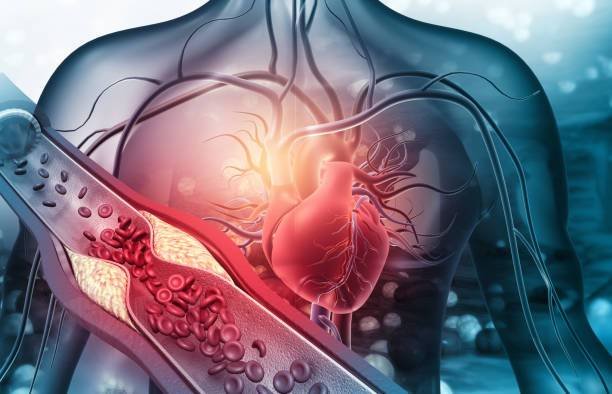
2. Cancer prevention
Cancer is currently a health issue that most people are afraid of, even more fearful than aging, terrorists or dementia, but in fact cancer is also one of the diseases not easy to discover. Usually, late stage of cancer, leading to life-threatening. However, many comprehensive analyses pointed out that in some situations, drinking green tea habit can reduce the risk of various cancers (including liver cancer, breast cancer, lung cancer, esophageal cancer, colon rectal cancer, prostate cancer and bile duct cancer, etc.).
Although the exact mechanism of cancer prevention is unknown, it may be related to the following.
-
- Inhibit NF-κB inflammatory factors promote cancer cell apoptosis. NF-κB is also known as the main program of cancer, and is the key to the continuous expansion of cancer cells and the escape of immune cells.
- Anti-cancer tumour angiogenesis, prevent metastasis.
- Activate Nrf2 transcription factor to increase detoxification and antioxidant capacity: Nrf2 transcription factor is also known as the commander-in-chief of anti-oxidation. It can activate various detoxification enzymes and antioxidant proteins to remove excess free radicals and carcinogens in the body. It can be said to be a natural antidote.
Another prospective study (11-year follow-up period, 164,681 men) also observed that those who drank green tea had significantly lower risks of all-cause mortality, cardiovascular disease, and cancer than those who did not drink green tea.

3. Green Tea Reduce risk of cognitive impairment
Affected by declining birth rate and medical progress, most advanced countries are facing the problem of population ageing, and the functional degeneration caused by ageing, such as cognitive impairment or even dementia, has become an urgent concern
There are many early symptoms of dementia, one of which is cognitive impairment. Some people may begin to forget and get lost easily, while others may become anxious and easily conflict with others.
A meta-analysis of the literature (17 studies with 48,435 participants) indicated that tea beverage intake was associated with a reduced risk of cognitive impairment. After further considering the types of tea, it was found that the effect of green tea was the most significant (36% reduction), which was better than black tea and oolong tea.
Dose-effect analysis also found that for every 100ml, 300ml, and 500ml increase in daily tea drink consumption, the risk of cognitive impairment will be reduced by 6%, 19%, and 29% respectively
The underlying mechanism is related to the anti-oxidation and anti-amyloid production of polyphenols (Catechin/Catechin) in green tea.
In a study on patients with non-alcoholic fatty liver disease (the sample size was 71 people, and the liver indexes ALT and AST both exceeded the normal value), taking green tea extract, the main component was catechin (500 mg per day for 12 consecutive weeks) can significantly reduce the patient’s ALT, AST liver damage index.
After the conclusion, it is mentioned that the mechanism behind the reduction of liver index is related to the fact that catechins in green tea can reduce the oxidative stress of liver cells and improve fat metabolism (abnormal fat metabolism causes oxidative stress to rise, which is one of the reasons for the formation of fatty liver)

4. Beneficial for Type 2 Diabetes
Type 2 diabetes is currently the fastest growing disease, especially in Asia. This is due to genetics. Even if you don’t gain weight, the incidence rate of Asians is generally higher than that of Europeans and Americans. A Japanese study found that those who drink green tea regularly can reduce the incidence of diabetes by 42%. At the same time, other studies have also pointed out that drinking green tea inhibits the liver from synthesising glucose, lowering blood sugar and improving insulin sensitivity.
5.Aids in weight loss (especially belly fat)
Weight loss is a never-ending topic, especially for office workers. Sitting too long not only affects metabolism, but also causes fat accumulation in the abdomen and buttocks, increasing the risk of cardiovascular disease, diabetes and cancer several times. In many randomised controlled studies, it was found that regular drinking of green tea can not only accelerate metabolism, but also lose weight, reduce body fat, and eliminate abdominal fat.
6. Green Tea prolong life, reduce mortality
Although the advancement of medicine has greatly increased the life expectancy of human beings, various chronic diseases have reduced the quality of life and even made them bedridden. Therefore, how to live without disease until the end of life is the key point behind it.
As mentioned above, drinking green tea regularly can reduce the incidence of cancer, type 2 diabetes, and cardiovascular disease, so it can effectively prolong life and reduce mortality in all age groups.
A large observational study in Japan (40,530 men and women) found that drinking 5 cups of green tea per day significantly reduced all-cause mortality (most notably the reduction in stroke risk).

Are there any side effects of green tea (catechins)?
Chinese people have been drinking green tea for 3,000 years. Drinking it in moderation, green tea is considered a safe tea drink. However, it should be noted that most green tea contains caffeine. If you consume too much or are sensitive to caffeine, it may cause headaches, insomnia, vomiting, diarrhoea, irritability, irregular heartbeat, etc.
Suffering from heart disease, high blood pressure, liver, kidney and stomach problems, anxiety disorders, pregnant women, and nursing mothers should avoid drinking green tea. Patients with anaemia, diabetes, glaucoma, and osteoporosis should also consult their doctors or nutritionists before drinking green tea or taking related health products.
As for the health food extracted from green tea, most of them contain catechins, and catechins are generally safe within the recommended amount on the bottle, and no side effects have been found. However, it should be noted that pregnant women, liver and kidney function abnormalities, and those taking any drugs should avoid using green tea extract supplements to avoid unknown risks.
Related Articles
Top 6 Foods to Lower Your Bad Cholesterol
The Best Fruit To Avoid Heart Disease
What is the Cause of Arteriosclerosis?
Wonderful 10 Foods to Lower Blood Pressure
Why do Japanese people have the healthiest heart?
3 Miraculous Effects of Red Pomegranate
Reference
Books Recommendation — Click The Books To Buy
Green Tea Recommendation — Click The Tea To Buy
Japanese Green Tea — Click the Tea to Buy
Supplement For Cardiovascular Health
-
Benefit of Vitamin C & Bioflavonoids
- Enhance immune function, prevent colds It can help white blood cells fight bacteria and viruses and enhance immunity.
- Promote wound healing It is a nutrient required for collagen production. Collagen is an important component of connective tissue, which can maintain a tight arrangement between cells and promote skin wound healing.
- Whitening, anti-aging, skin health.
- Anti-cancer, antioxidant.
- Delay the occurrence of cataracts.
- Prevent cardiovascular disease.
-
1. Maintain Heart Health
2. Treat Mental Illness
3. Help Lose Weight
4. Support eye health
5. Relieve rheumatoid arthritis symptoms
6. Maintain skin health
7. Helps baby vision and hand-eye coordination
8. Reduce liver fat
9. Improve symptoms of depression
10. Improve ADHD in children
11.Improve memory in the elderly
12. Improve asthma symptoms and allergy risk
13. Improve bone health -
Benefit of Vitamin E
- Reduce the oxidation of unsaturated fatty acids
- Helps maintain cell membrane integrity
- Antioxidant
- Improve skin and blood cell health
- Helps reduce free radical production
- Improve your chances of getting pregnant
- Maintain youthful energy
- Maintain health
- Stay away from sensitive conditions
- Promote circulation in the body
- Regulate physiology
- Good for female fertility
-
- Helps maintain the normal secretion of thyroid hormones.
- Helps maintain normal growth, development, neuromuscular function.
- Regulates cellular oxidation.
- Improves cognitive memory function (under stress)
- Benefits phenylketonuria
- Good for depression
- Benefits schizophrenia
- Improves narcolepsy/narcolepsy
- Can improve human immune function.
- Can prevent cancer and fight cancer.
- Can protect the heart muscle.
- Protects the liver.
- Is an antioxidant.
- Can be involved in the treatment of diabetes.
- Protects and repairs cells.
- Improve vision and prevent eye diseases
















